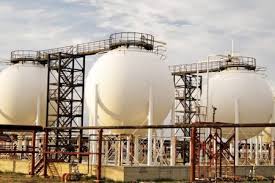Russia’s invasion of Ukraine rattled global financial and energy markets, causing oil prices to spike and financial instruments to fall after Russian troops moved into Ukraine by air, land and sea.
Although crude oil price yesterday soared to about $105 per barrel, a development is last seen in 2014, Nigeria’s economy may face fresh uncertainties.
Already, analysts expect the increased global energy prices to filter into the domestic economy in the form of higher gas and other fuels prices.
Given that the utility sub-basket constitutes 32.6 per cent of the core inflation, they expect the core inflation to continue its ascent over the short term, with an overall negative implication for the headline inflation, especially with the lingering scarcity caused by adulterated fuel import.
Similarly, with major food items like wheat being imported from Russia, there are concerns about food inflation if the tension lingers.
From Europe to Asia to Africa, the tension triggered by the conflict peaked as President Vladimir Putin called the bluff of his critics and other global leaders and declared a full-scale military operation in Ukraine.
And across the global and investment clusters, the global economy was rattled, causing investors unmatched losses. Foreign exchange (forex) and cryptocurrency markets, which trade round the clock, were the first casualties of the invasion.
Pumping far below the 1.8 million barrels per day projection in the 2022 appropriation, rising crude oil price, which should have provided revenue windfall of an extra $43 on every barrel from the $62 per barrel envisaged in the 2022 fiscal document, now poses fresh challenges for the country due to importation and payment of subsidy on Premium Motor Spirit (PMS).




